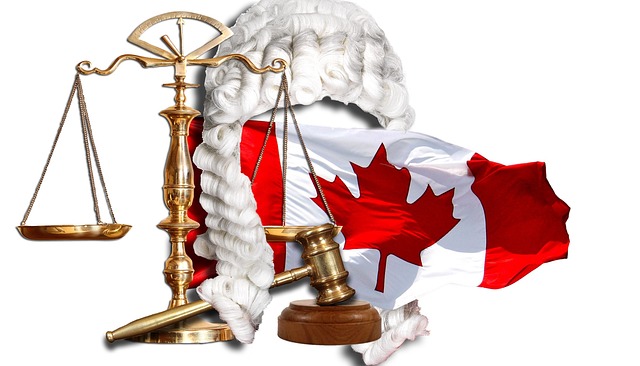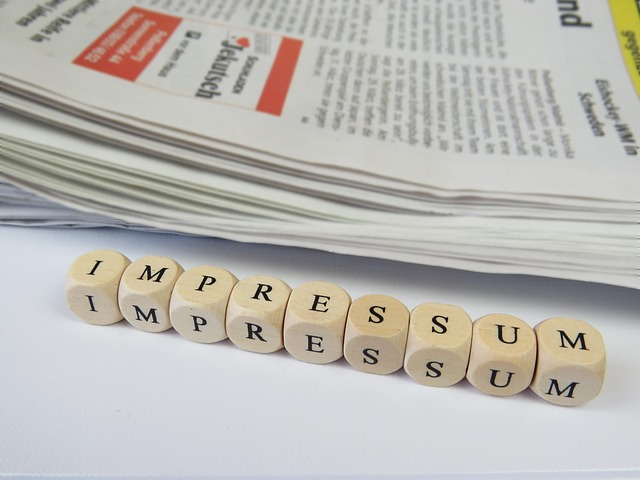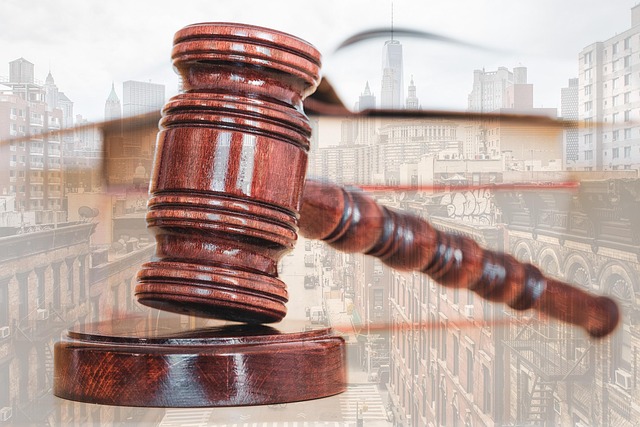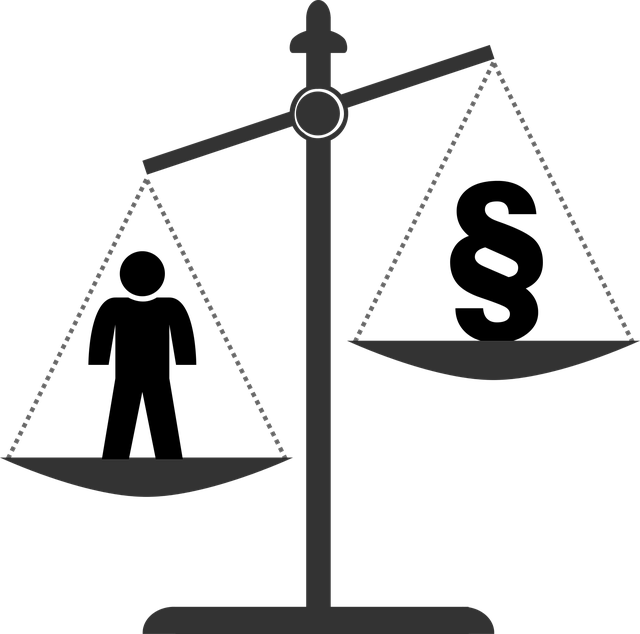The Role of Evidence in Establishing Criminal Intent is central to criminal law, guiding prosecutors and defense attorneys in proving or defending against charges. From crime scene clues to expert testimony, evidence forms the backbone of cases, especially complex white-collar crimes. The process involves meticulous analysis of direct and circumstantial proof to establish a "guilty mind," aiming for just convictions while navigating ethical considerations and varied evidentiary rules across jurisdictions to ensure fairness and prevent wrongful indictments.
“Delve into the intricate world of criminal law enforcement, where every case hinges on meticulous investigation and legal strategy. This article explores foundational aspects of criminal justice, beginning with defining crimes and understanding evidence collection. We uncover the critical role of evidence in trials and its connection to establishing criminal intent—a key element in prosecution.
Additionally, we navigate challenges and ethical considerations that arise when using evidence to prove guilt, shedding light on the complex dynamics within the legal system.”
- The Foundation of Criminal Law: Understanding Crimes and Their Definitions
- Uncovering the Role of Evidence in Criminal Trials
- Establishing Criminal Intent: A Crucial Aspect of Prosecution
- Challenges and Ethical Considerations in Using Evidence to Prove Guilt
The Foundation of Criminal Law: Understanding Crimes and Their Definitions

The foundation of criminal law rests on a robust understanding of crimes and their definitions. Each jurisdiction establishes these definitions through statutes and case law, delineating what conduct constitutes an offense. A thorough grasp of these legal frameworks is paramount for both prosecutors and defense attorneys. The former aim to prove guilt beyond a reasonable doubt by presenting compelling evidence that establishes the elements of a crime, while the latter focus on crafting winning challenging defense verdicts for their corporate and individual clients.
The role of evidence in establishing criminal intent cannot be overstated. In high-stakes cases, every piece of evidence must be meticulously scrutinized to ensure its admissibility and relevance. This process involves complex legal principles and procedures designed to safeguard the integrity of the trial process. Ultimately, the interplay between the definitions of crimes and the presentation of evidence shapes the outcomes of criminal proceedings, determining whether an individual is found guilty or innocent.
Uncovering the Role of Evidence in Criminal Trials

In criminal trials, evidence serves as the linchpin connecting allegations to guilt or innocence. The role of evidence in establishing criminal intent is paramount; it paints a picture that helps jurors and judges understand the circumstances surrounding a crime. From physical clues at the scene to digital footprints left by cybercriminals, each piece offers crucial insights. Achieving extraordinary results in these cases often hinges on how effectively this evidence is collected, analyzed, and presented in court.
For instance, in white-collar defense, where complex financial schemes may be involved, meticulous documentation and expert testimony are essential. The respective business practices and digital records can either incriminate or exonerate individuals, underscoring the importance of robust evidentiary standards. This is not merely a technical exercise; it ensures fairness, allowing for accurate judgments based on solid, verifiable facts.
Establishing Criminal Intent: A Crucial Aspect of Prosecution
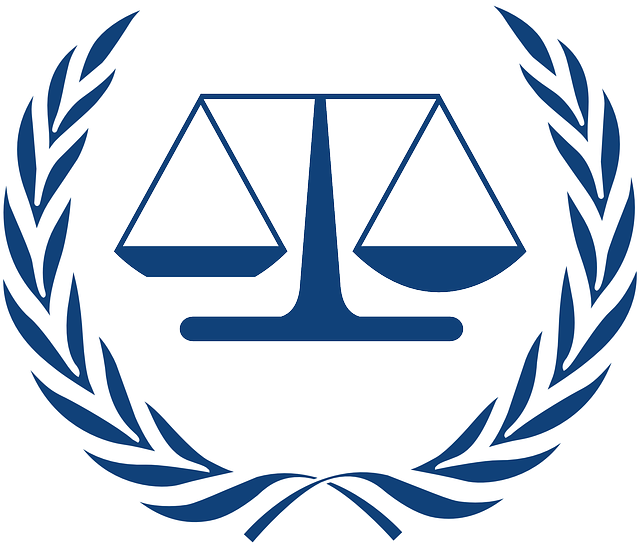
Establishing criminal intent is a fundamental aspect of prosecution, as it forms the basis for determining guilt in criminal cases. The role of evidence in this process is indispensable. Prosecutors must present compelling and relevant evidence to prove that an accused individual acted with the necessary mental state, often described as mens rea, meaning “guilty mind.” This includes demonstrating a conscious decision to engage in illegal activities, as well as an understanding of the nature and wrongfulness of their actions.
The process involves meticulous examination of various types of evidence, such as direct and circumstantial proof, witness testimonies, and forensic data. By piecing together these elements, legal professionals can build a strong case that convincingly portrays the defendant’s intent. A successful prosecution relies on this thorough analysis, which not only ensures justice but also sets the stage for winning challenging defense verdicts. Historically, those with an unprecedented track record in securing such convictions have contributed significantly to strengthening criminal law enforcement within both philanthropic and political communities.
Challenges and Ethical Considerations in Using Evidence to Prove Guilt
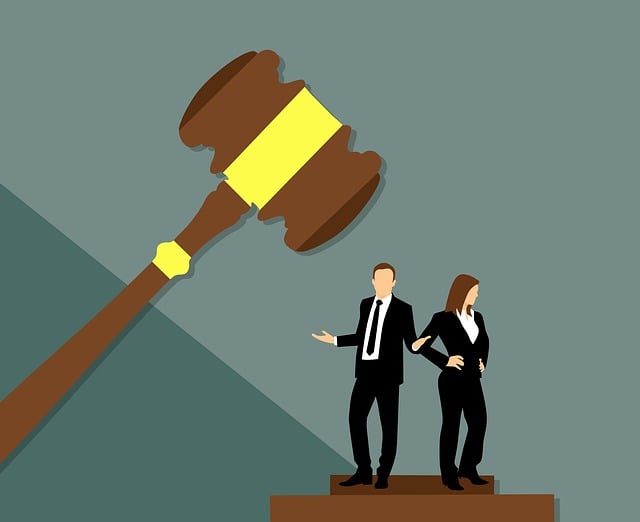
The role of evidence is paramount in establishing criminal intent and ensuring just convictions. However, navigating the complex landscape of evidentiary rules and ethical considerations presents significant challenges for law enforcement. Balancing the need for accurate proof with potential biases or misinterpretations is crucial throughout all stages of the investigative and enforcement process.
One key ethical dilemma arises from the potential for evidence manipulation or coercion during collection and preservation. Additionally, the admissibility of circumstantial evidence versus direct evidence varies across the country, adding complexity to cases that span different jurisdictions. Avoiding indictment due to insufficient or tainted evidence is a constant goal, highlighting the importance of meticulous handling and rigorous scrutiny at every step to ensure fairness and accuracy in criminal proceedings.
In conclusion, understanding the intricate relationship between evidence and criminal intent is paramount in ensuring just and fair trials. The article has explored the foundational aspects of criminal law, the role of evidence in proving guilt, and the ethical considerations that come into play. By delving into these key areas, we highlight the importance of rigorous examination and interpretation of evidence to establish criminal liability accurately. The successful prosecution and defense in criminal cases hinge on a nuanced grasp of these principles, ultimately shaping the outcomes of legal proceedings.


